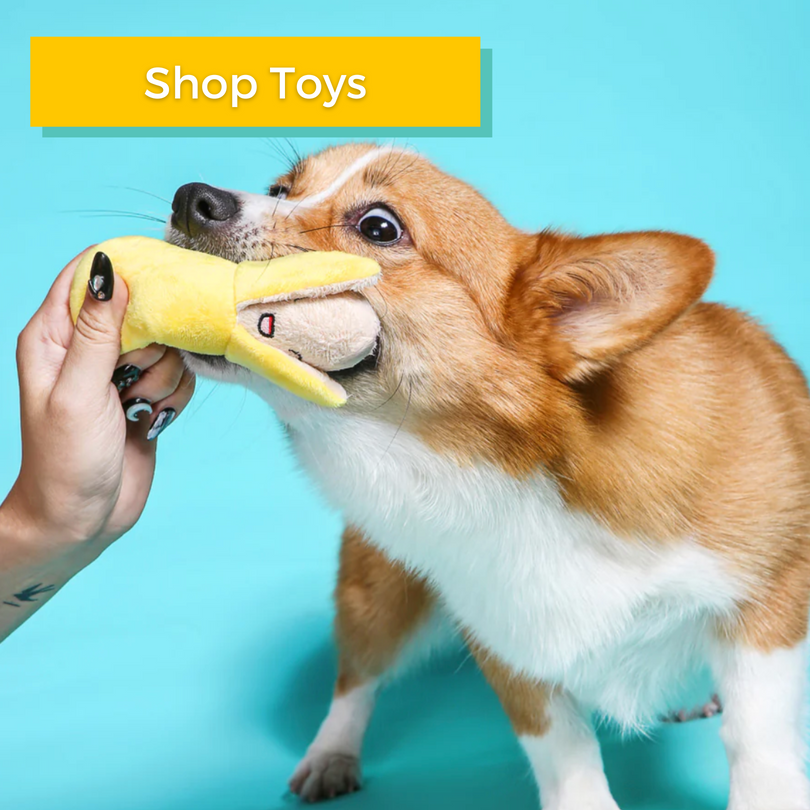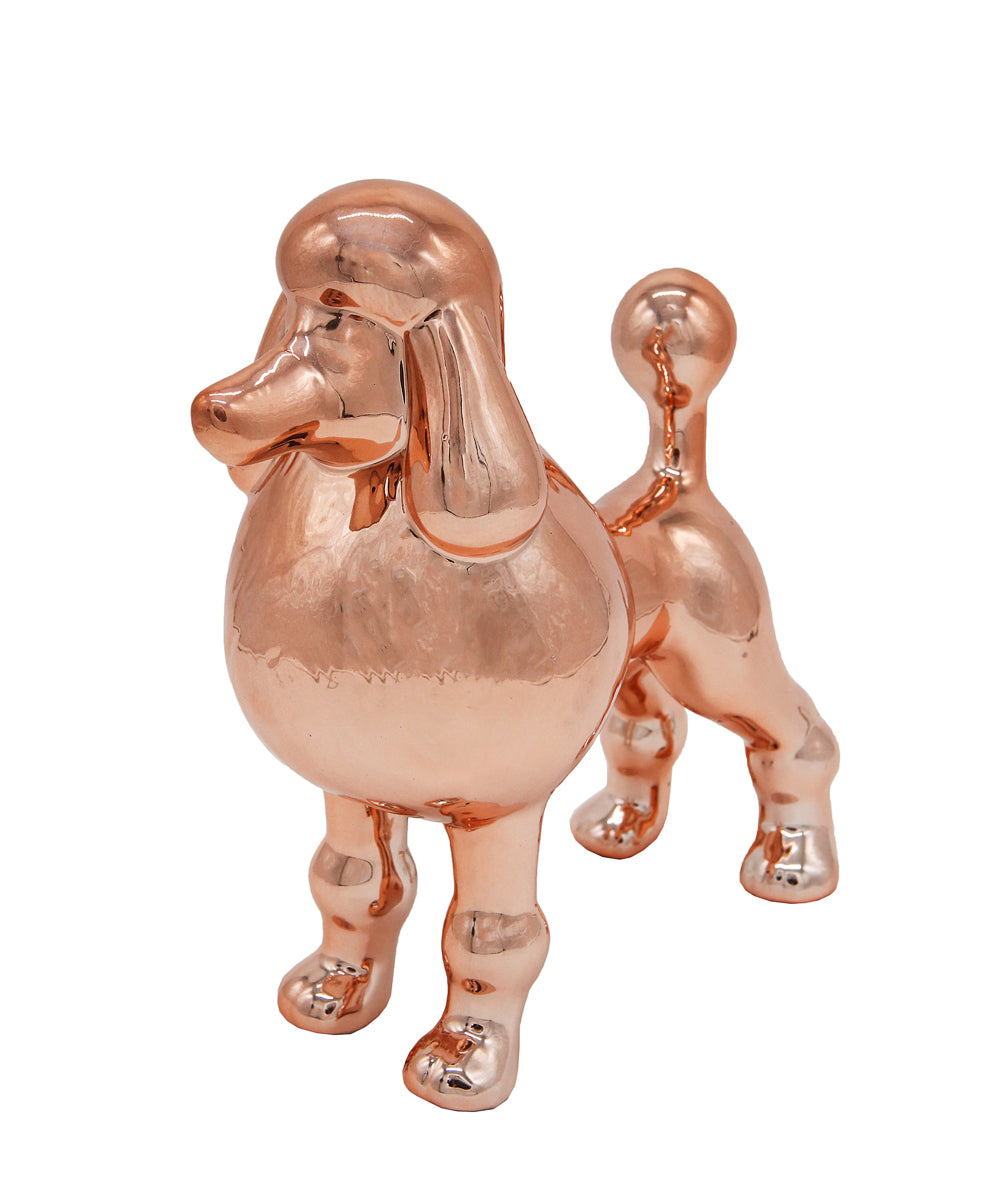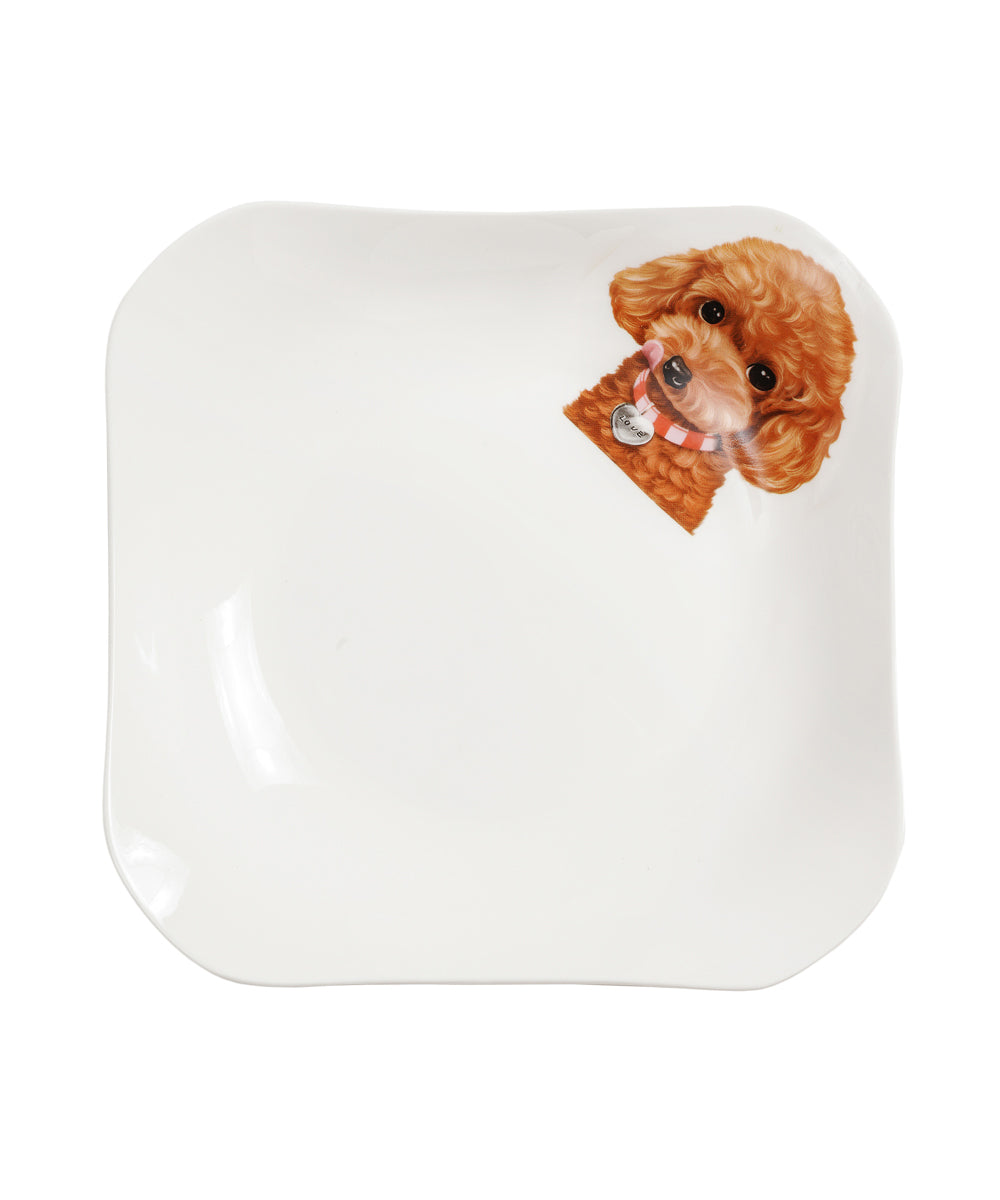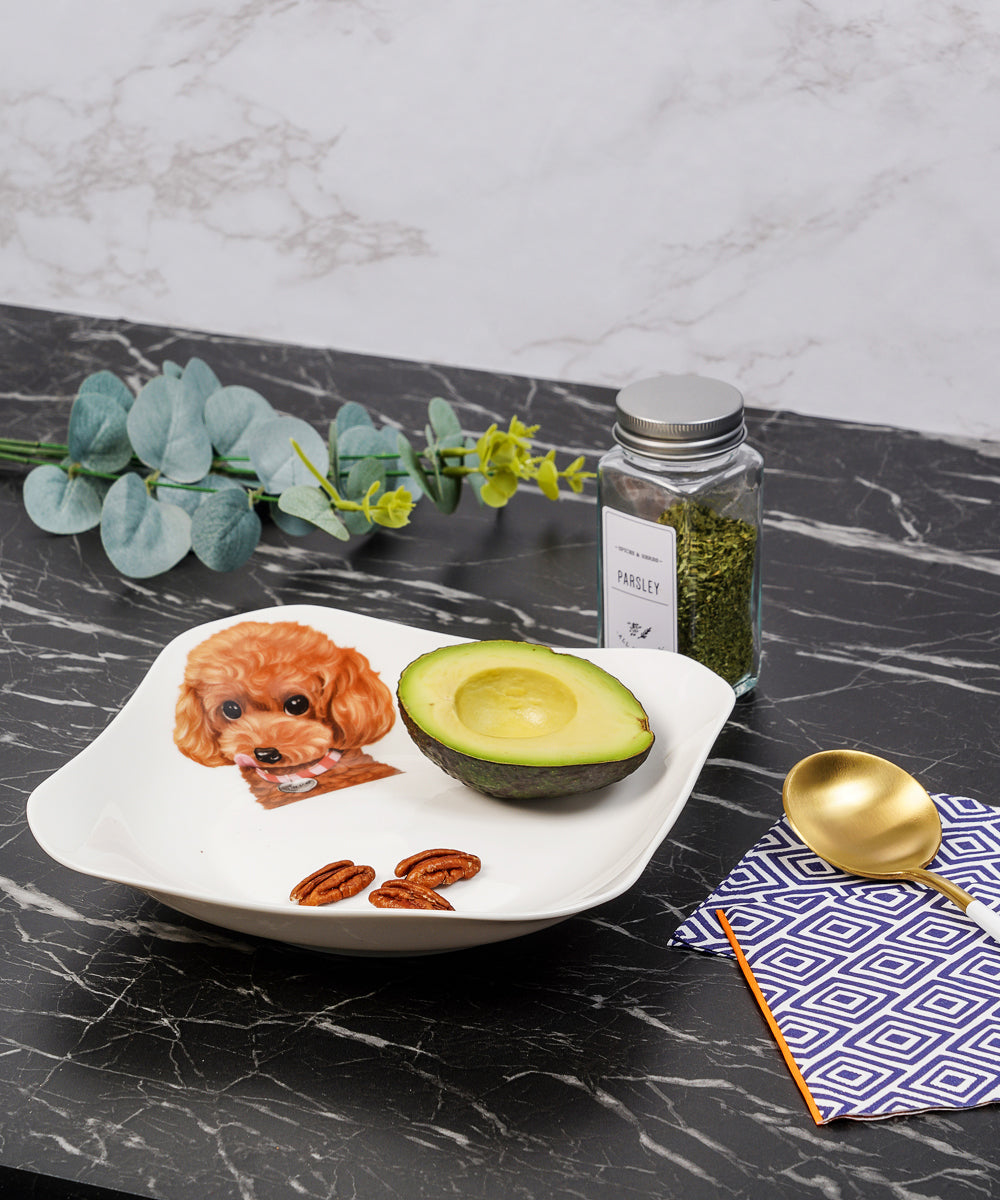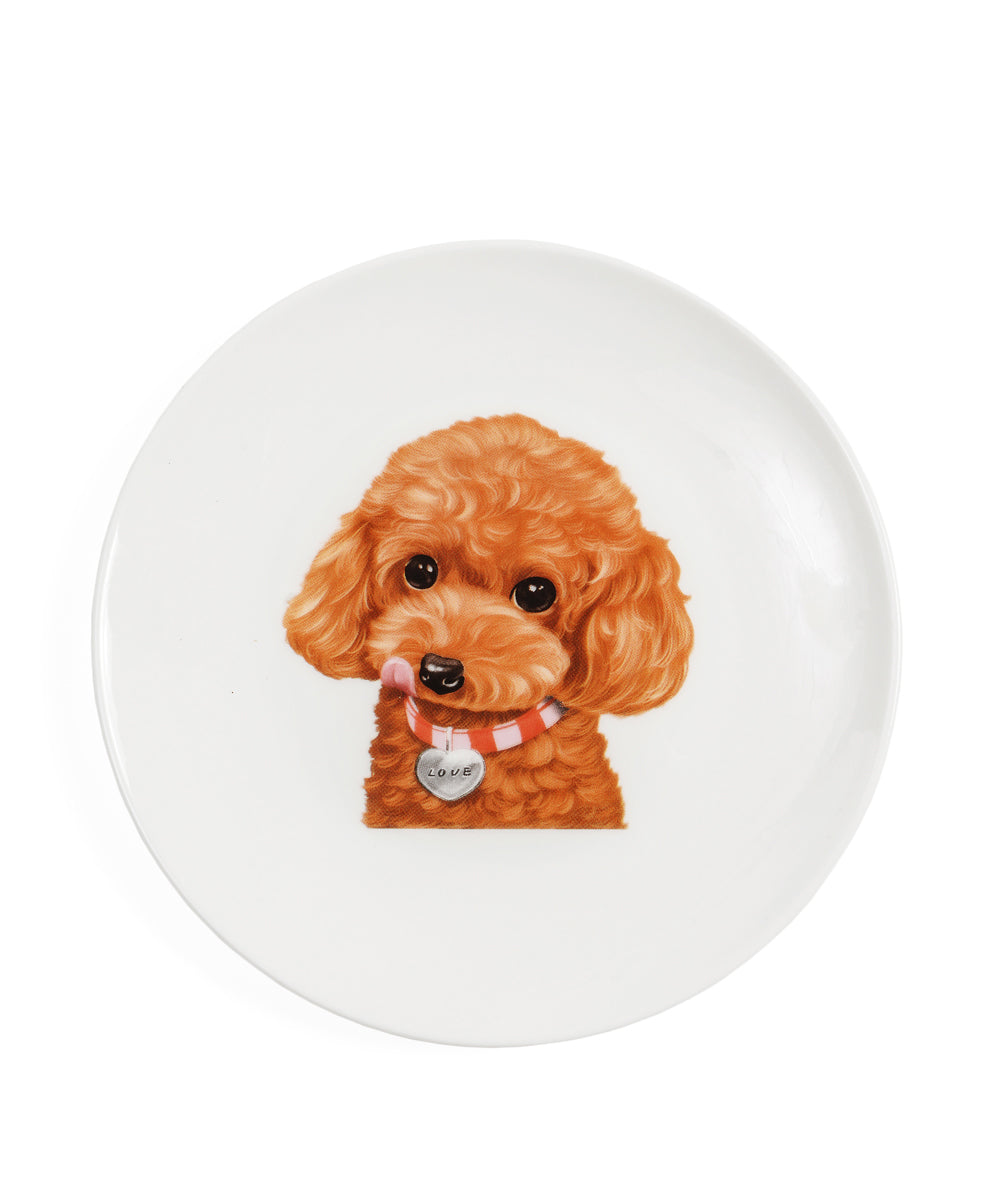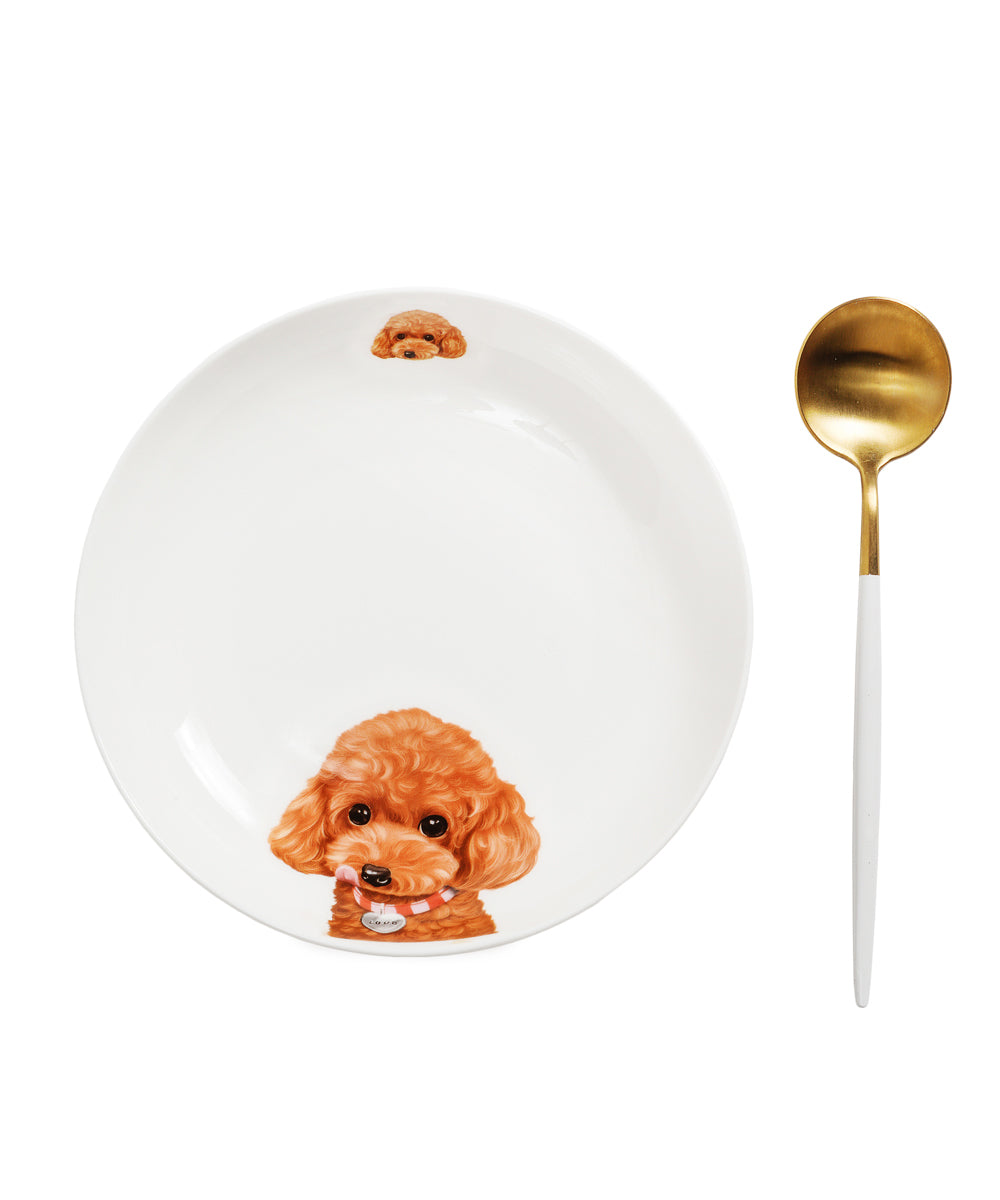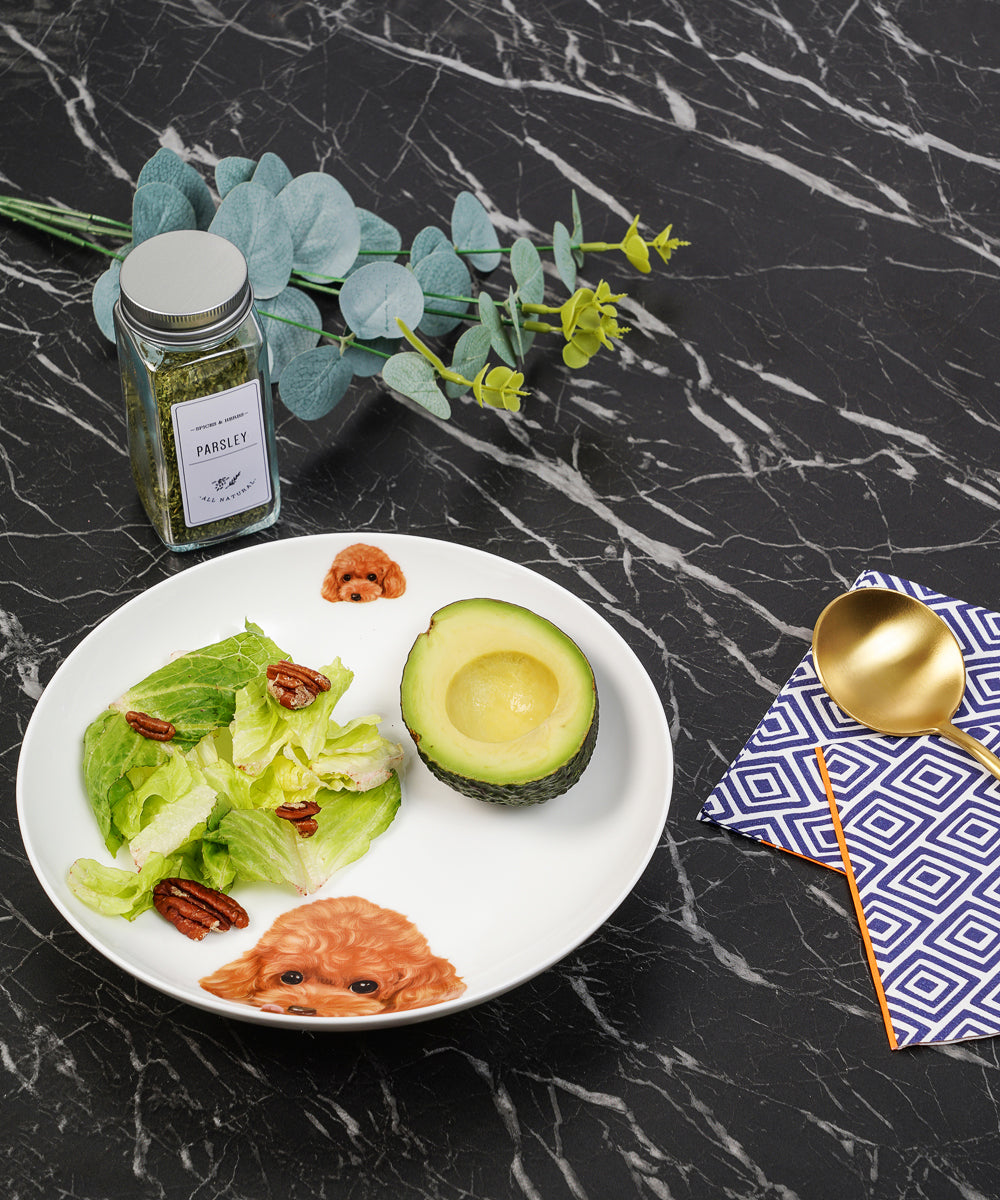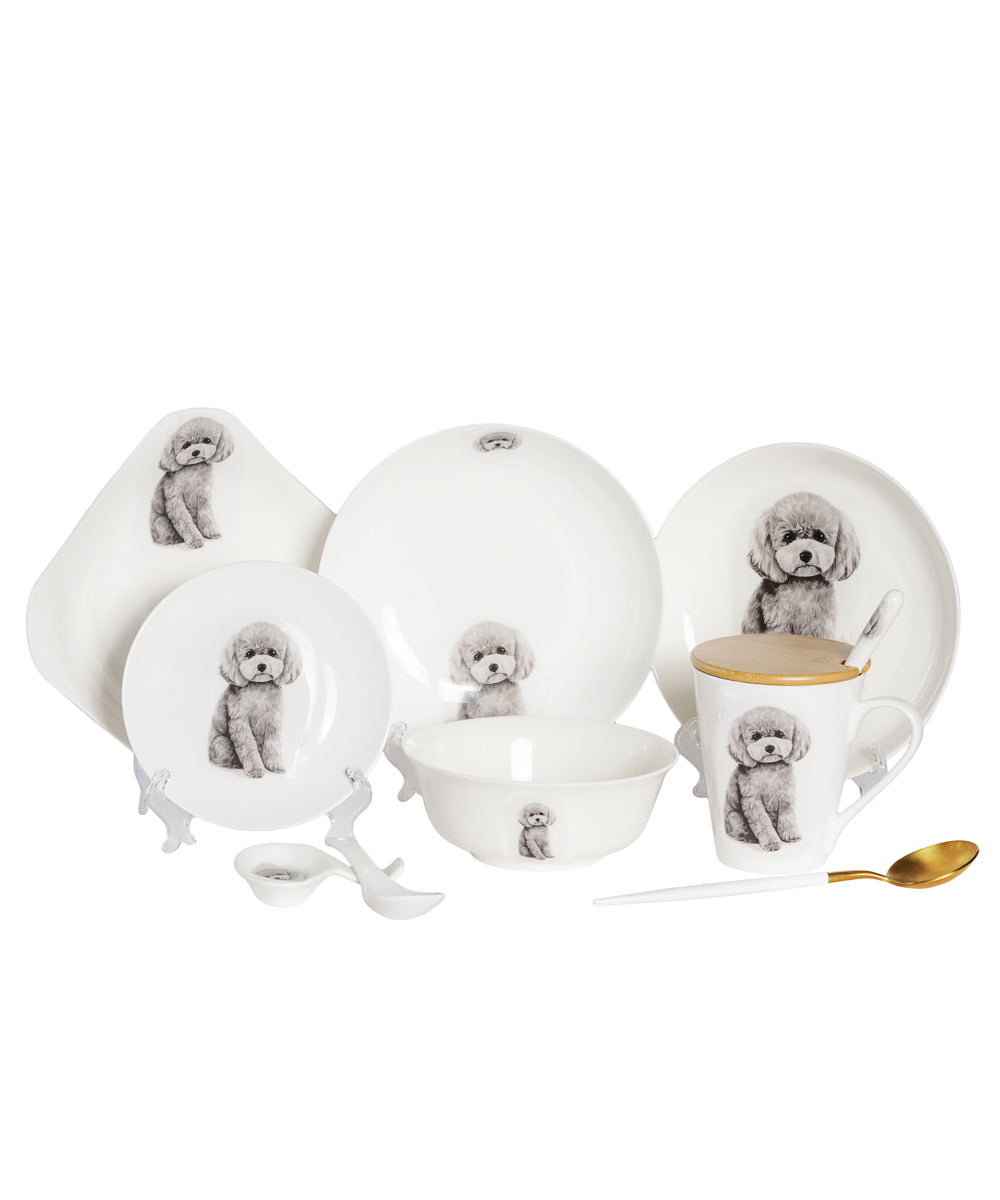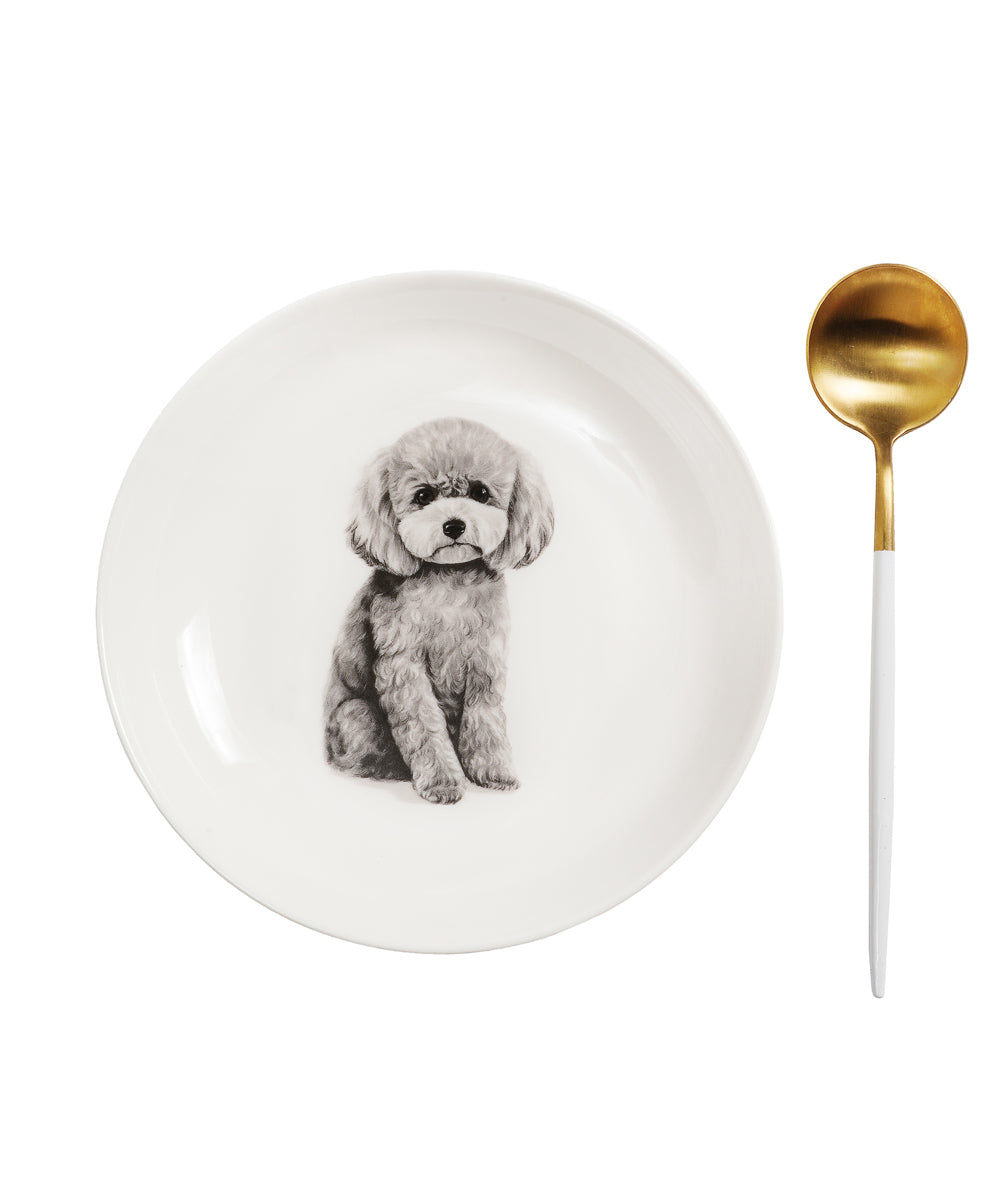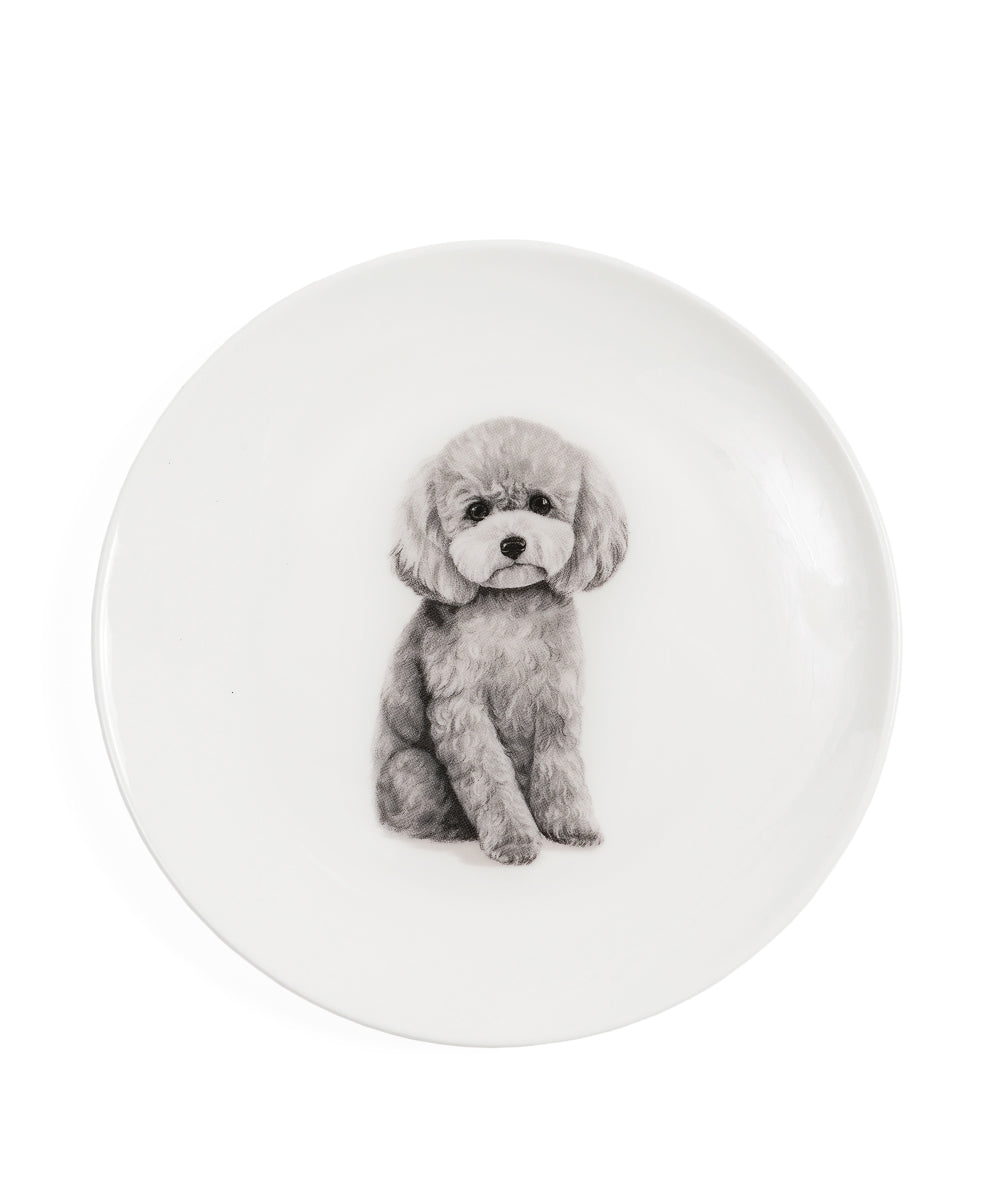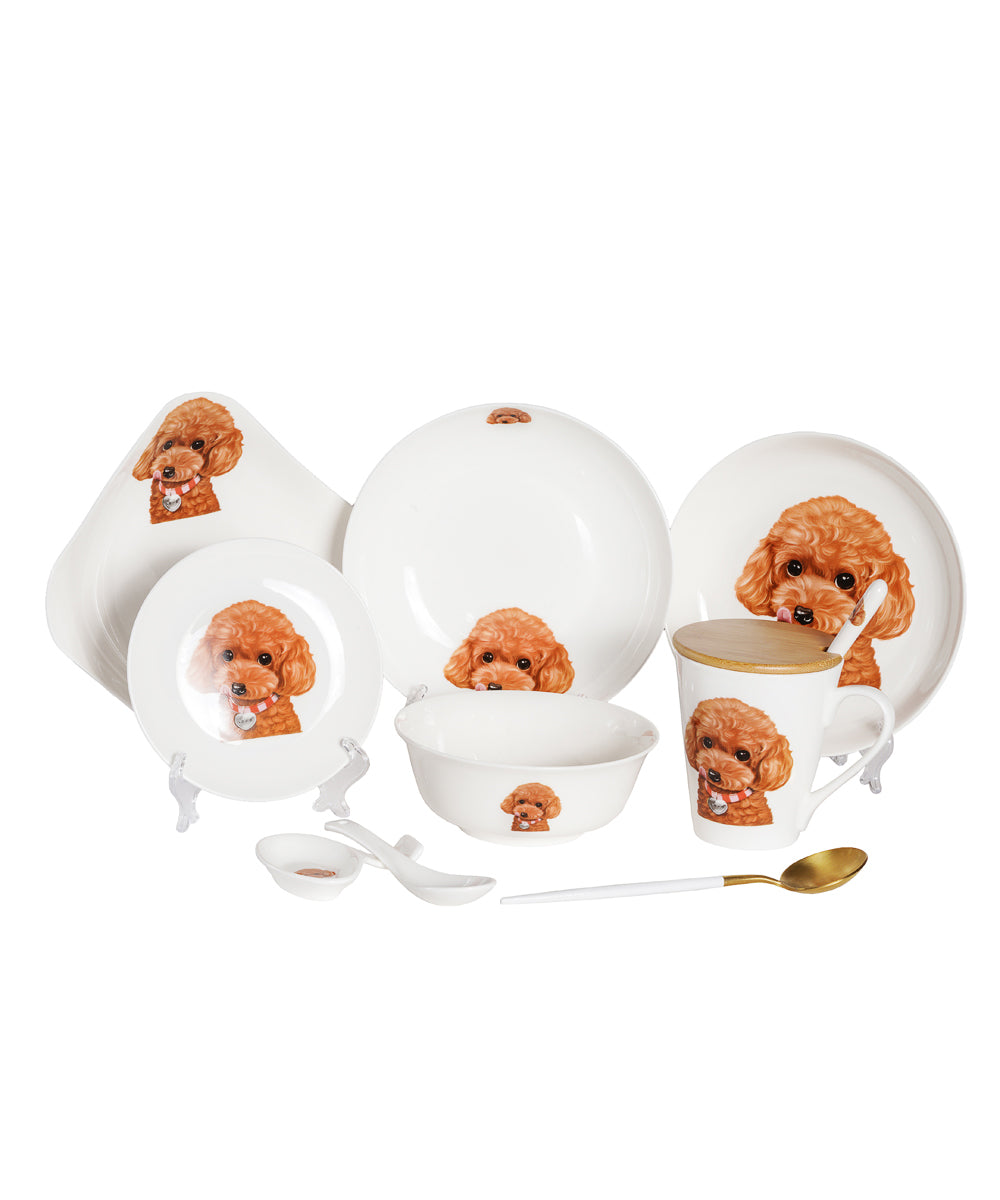Whether you’ve got a yellow lab, a pug, or a mixed breed pup, your doggie will someday encounter some type of health ailment, especially as they age. Yes, like humans, health issues—from basic to serious—can affect every dog breed. That includes the family-friendly, popular Toy Poodle.
If you’re the pet parent of a Toy Poodle or looking to adopt one, here’s some info you should know about this breed when it comes to their stamina and wellness:

Toy Poodles: Healthy and happy
Sweet and smart, toy poodles are easy to train, playful, overall obedient, and solid water-retrievers. However, the American Kennel Club (AKC) warns they’re prone to hip dysplasia, some eye issues, and more.
We’ll get into this, but let’s first clarifying the difference between Miniature Poodles and Toy Poodles. Basically, both types originated from the standard poodle and interest in them stems from dog lovers seeking smaller versions of a standard poodle.
The Toy Poodle is smaller than the Miniature – Toys grow up to 10 inches and weigh around 6 pounds. Also important to note: Toy poodles aren’t great watchdogs because of their friendly nature, and bark less than the Miniature Poodle.
Toy Poodles love running and walking; experts recommend 30 to 40 minutes of walking, daily. They also like running around and retrieving things, so toss some balls and sticks their way.
Poodle perfect
When it comes to caring for Toy Poodles, first make sure they have proper dental care. Brush their tiny teeth daily and discuss with the veterinarian what type of toothbrush–and paste!--to use on their chompers. Sadly, some pet owners do neglect their dog’s teeth, especially smaller dogs, so this dental health reminder is crucial.
Experts recommend testing Toy Poodles for hypoglycemia, which can develop in pups from birth to 4-months of age. It’s a dramatic and sudden drop in blood sugar levels triggered by an improper diet and stress levels, Signs include: weakness, clumsiness, shaking, and slow breathing. If you adopt a Toy Poodle as a pup, discuss hypoglycemia testing with your vet.

The knees, please
Also, be aware of Luxating Patella. Found in breeds such as the Toy Poodle, it’s when the kneecap slips out of place. Since Toy Poodles are teeny and love running around, be conscious of their legs. Without any treatment, your dog can start limping and feel pain due to inflammation in and around the knee. Veterinarians warn this can also be an early sign of arthritis in your Toy Poodle.
Small breeds are also prone to Legg-Calve-Perthes Disease, which is present at birth. It’s when the blood supply to the hip bones has decreased, causing weakness of the hip, and discomfort. Without treatment your dog’s leg can stop growing; male Toy Poodles are more prone to hip ailments than females.
Finally, have the veterinarian check your Toy Poodle for potential blood clotting, nose bleeds, blood in urine or stool, and vision problems. Both Miniature and Toy Poodles can be at-risk for blindness; and ask your doctor to check your dog for Glaucoma—symptoms include water eyes, and a redness in the whites of the eyes.





